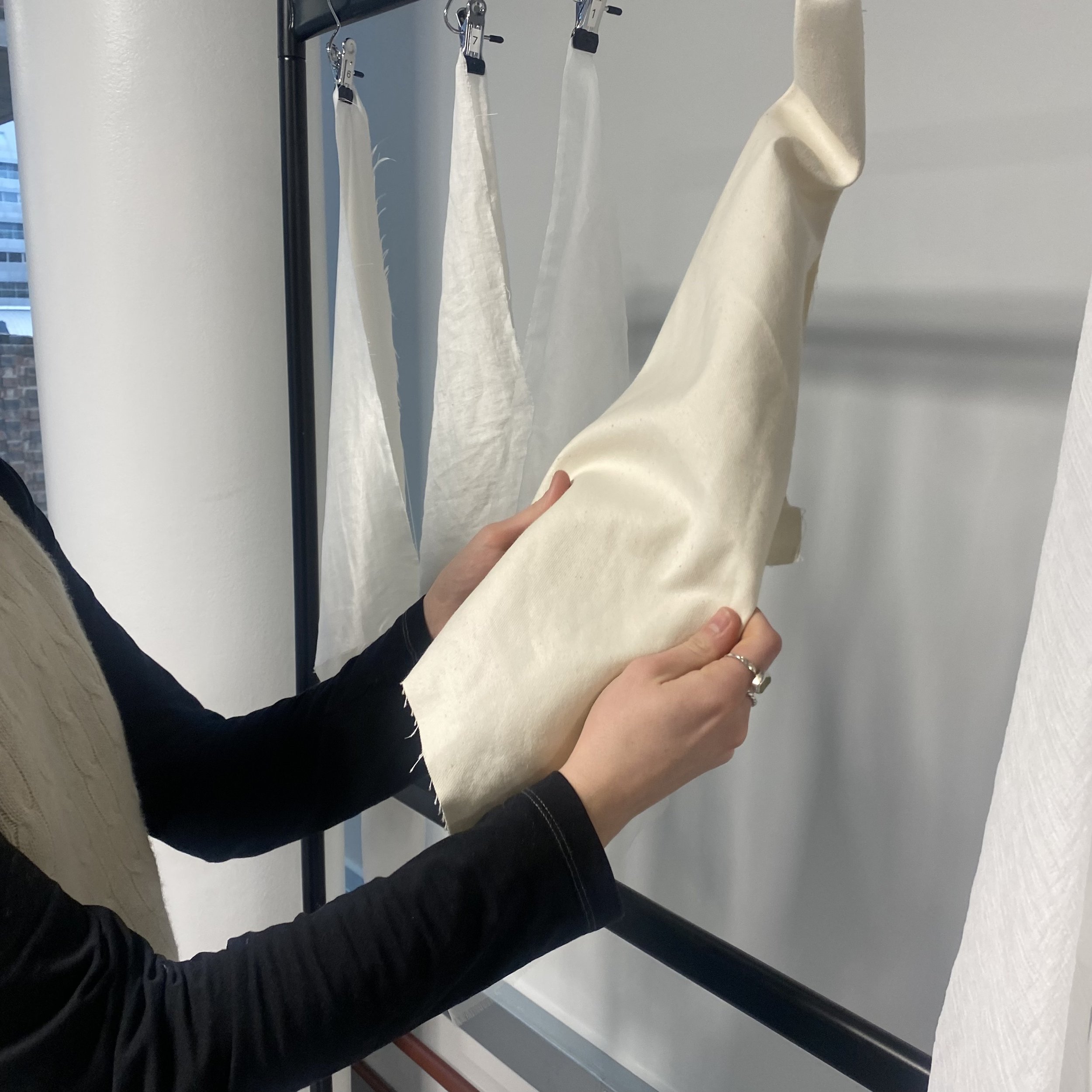Sensory Materials Library (SML) is a research project at Royal College of Art, London. SML is developing an inclusive and holistic approach towards making the sensory properties of materials accessible within a materials library.
As part of the research, an AI-driven design tool, AiLoupe, is being developed within AiDLab, a collaboration between Hong Kong Polytechnic University and Royal College of Art.
The Challenges
1
Designer’s tacit knowledge
Designers have tacit and embodied knowledge of materials which they have gathered over years of working and designing with materials. However, they often struggle to articulate and pass on this knowledge. There are no standardised ways or tools to portray and record sensory data and explain material selection at the designer’s level.
2
The current state of the material library landscape
Designers still predominately discover, source and select materials through visiting expos or shops and acquiring physical samples. If not they often they utilise online material libraries. However, these tend to only focus on objective properties of materials, such as technical and physical information like material composition. They lack more subjective information about the materials, the sensory properties and “hand feel” of the textiles materials. The current material library landscape lacks the necessary sensory data to source effectively online.
3
Textile Industry standard of digitalising material data
The textile industry has a long history of developing methods of measuring the ‘textile hand’ and the experience of textiles. However, the standard of digitalising material data is specific to quality assurance and standardisation and not towards design innovation.
Subjective testing is also time consuming and costly, involving human participants. Published research focus on narrow applications and small groups of materials, and often industry material library research remains closed source.





